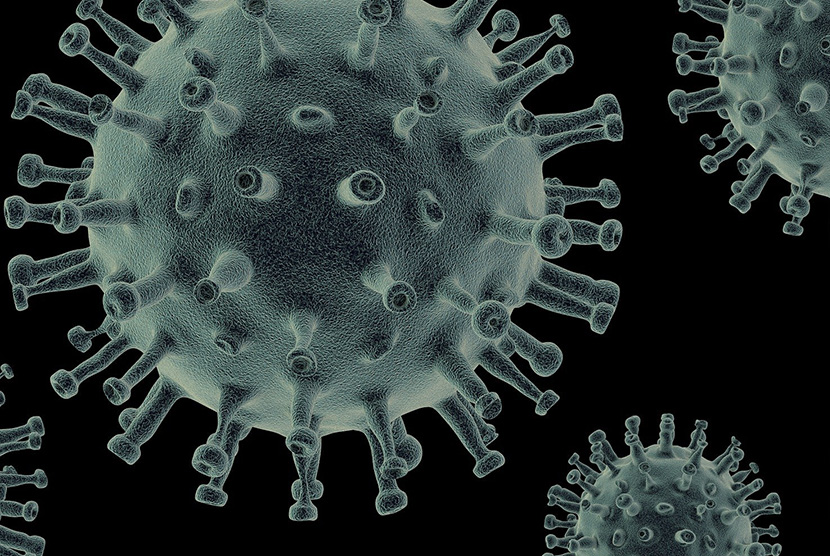The emergence of new variants of the SARS-CoV-2 virus has raised concerns worldwide. One such variant, known as the Orthrus COVID variant, has been identified as a potential cause for alarm. This article aims to provide an in-depth analysis of the symptoms associated with the Orthrus variant, its impact on public health, and the necessary precautions to prevent its spread.
1. Understanding the Orthrus COVID Variant
The Orthrus COVID variant, named after the two-headed dog from Greek mythology, is a mutation of the original SARS-CoV-2 virus. It carries specific genetic changes that differentiate it from other variants, such as the Alpha and Delta variants. These genetic alterations can affect the virus’s transmissibility, severity of illness, and response to existing treatments and vaccines.
2. Symptoms of the Orthrus COVID Variant
The symptoms associated with the Orthrus COVID variant are similar to those of the original strain and other variants. Common symptoms include fever, cough, sore throat, fatigue, body aches, and loss of taste or smell. However, some studies suggest that individuals infected with the Orthrus variant may experience more severe symptoms compared to other strains. These severe symptoms may include difficulty breathing, chest pain, persistent high fever, and neurological manifestations like confusion or seizures. It is important to note that not all individuals infected with the Orthrus variant will experience severe symptoms, as the severity can vary depending on various factors such as age, underlying health conditions, and immune response.
3. Impact on Public Health
The Orthrus COVID variant poses significant challenges to public health systems worldwide. Its increased transmissibility can lead to a surge in cases, overwhelming healthcare facilities and straining available resources. Additionally, the potential for more severe symptoms may result in an increased number of hospitalizations and fatalities. The Orthrus variant can also impact the effectiveness of existing treatments and vaccines, potentially requiring adjustments to public health strategies. Continuous monitoring and research are crucial to understanding the variant’s impact on the global pandemic and developing appropriate countermeasures.
4. Precautions to Prevent the Spread
To prevent the spread of the Orthrus COVID variant, it is essential to adhere to established preventive measures. These measures include practicing good hand hygiene by washing hands frequently with soap and water or using hand sanitizers containing at least 60% alcohol. Wearing masks in public settings, especially indoors or when social distancing is not possible, is also crucial. Maintaining physical distance from others, avoiding crowded places, and ensuring proper ventilation in enclosed spaces are additional preventive measures that can help reduce transmission. Vaccination remains a vital tool in combating the Orthrus variant and its potential impact. Individuals should follow local vaccination guidelines and get vaccinated as soon as they are eligible.
Conclusion:
The emergence of the Orthrus COVID variant highlights the ongoing evolution of the SARS-CoV-2 virus and its potential impact on public health. Understanding the symptoms associated with this variant is crucial for early detection and appropriate management. The Orthrus variant’s increased transmissibility and potential for more severe symptoms necessitate strict adherence to preventive measures and vaccination efforts. Continued research, surveillance, and collaboration among scientists, healthcare professionals, and policymakers are essential to effectively combat the Orthrus variant and mitigate its impact on global health.



